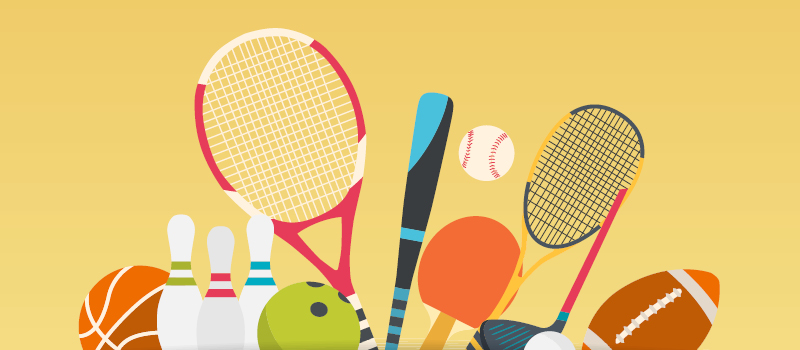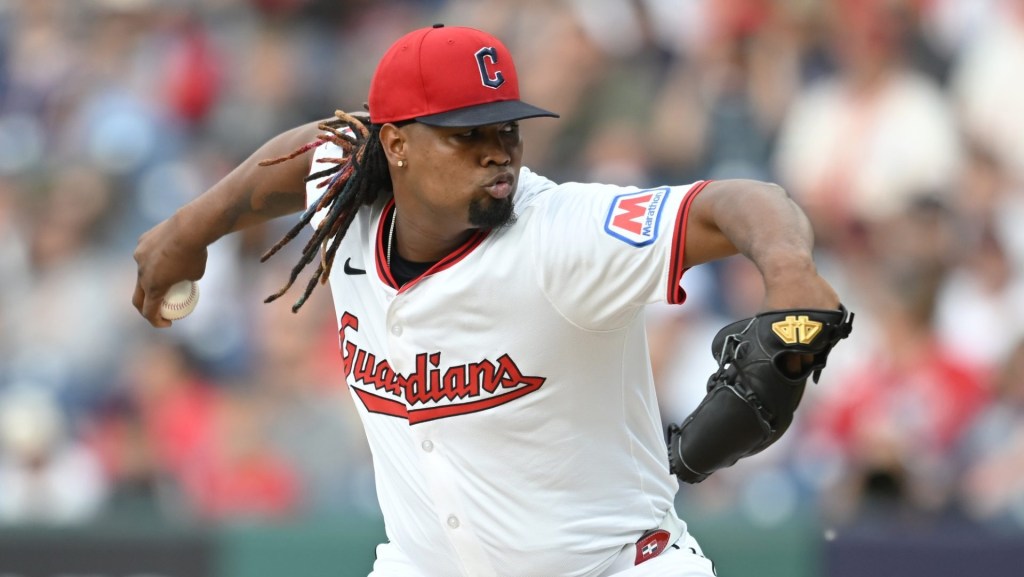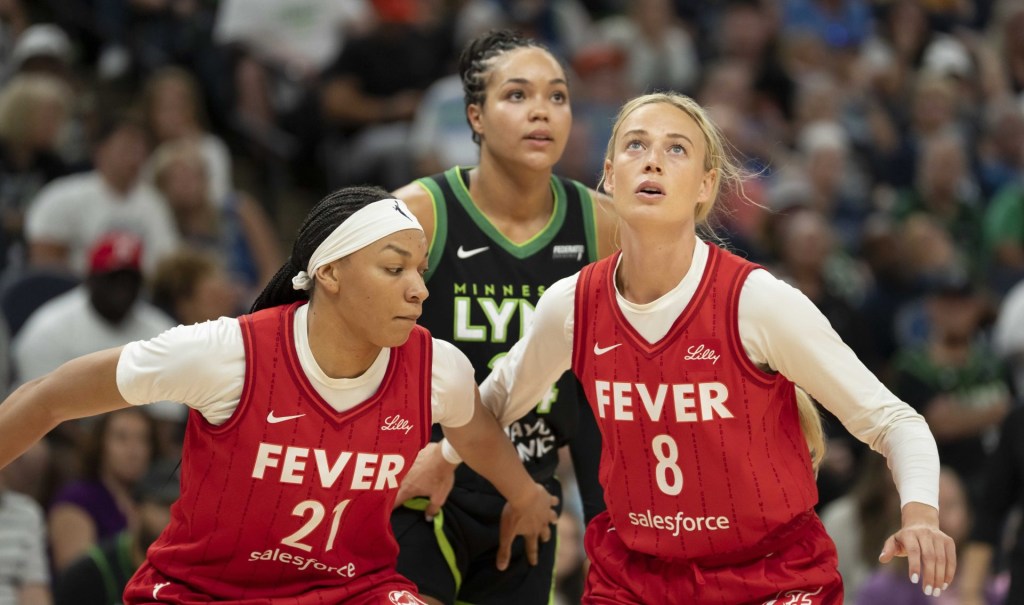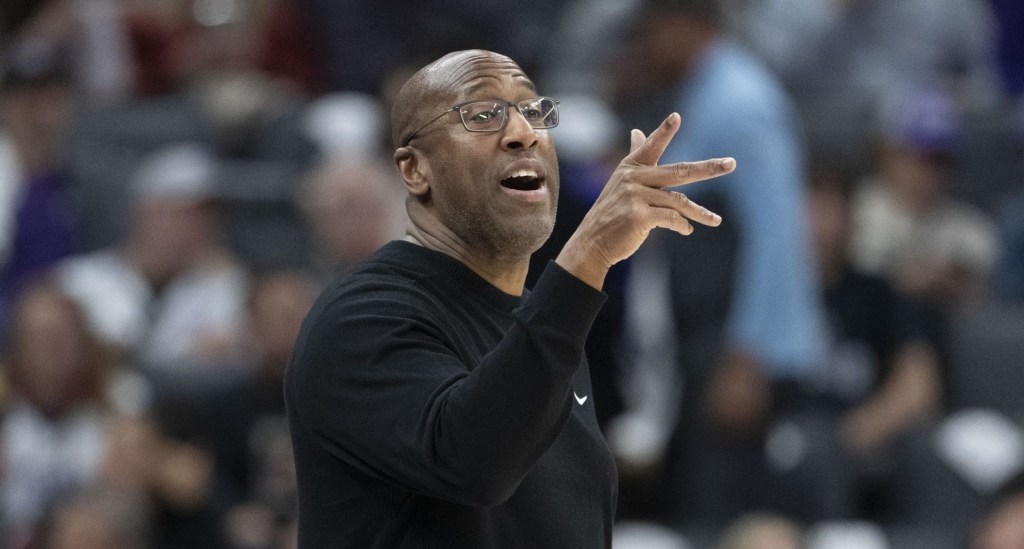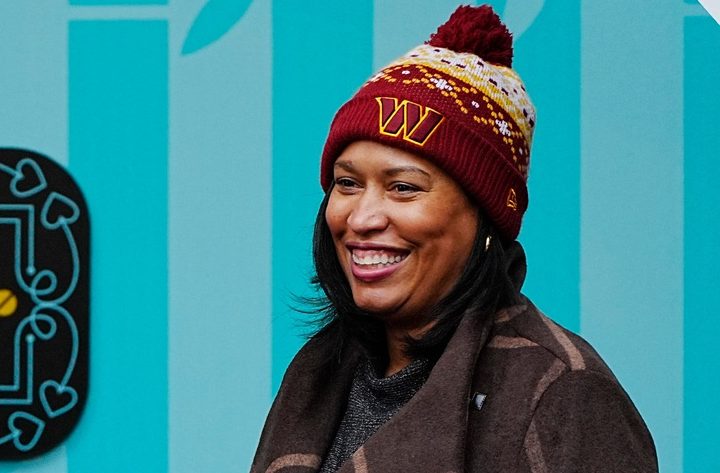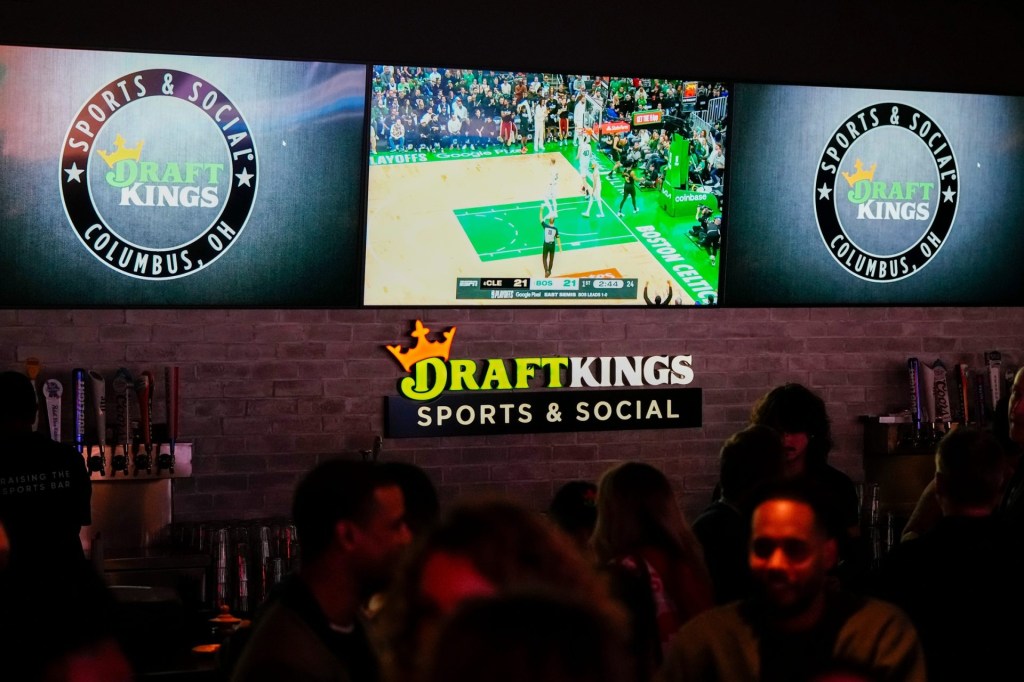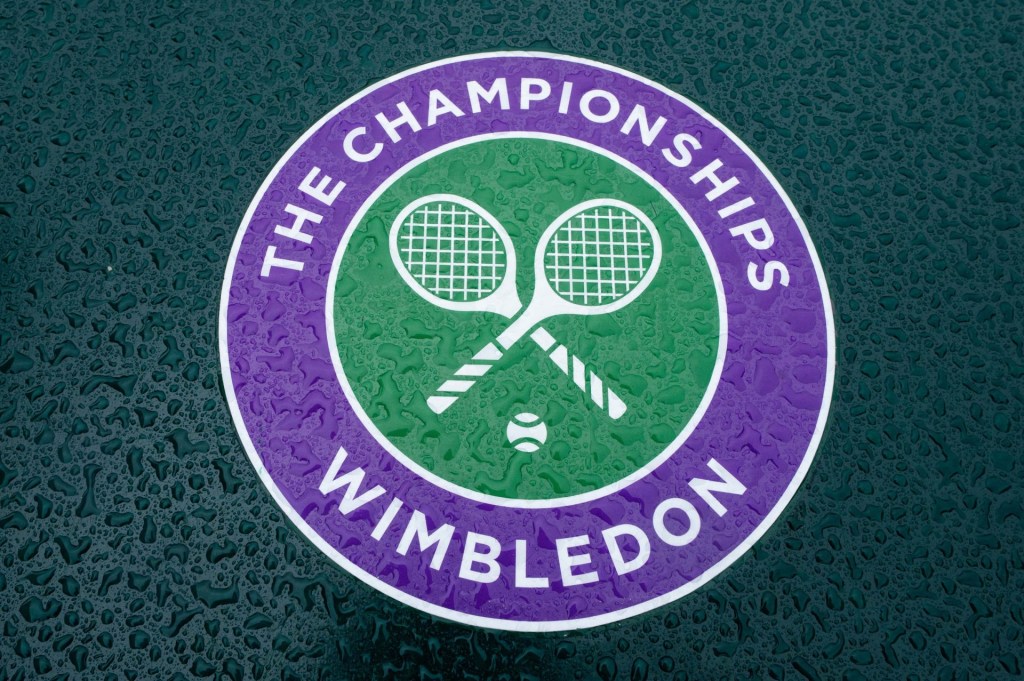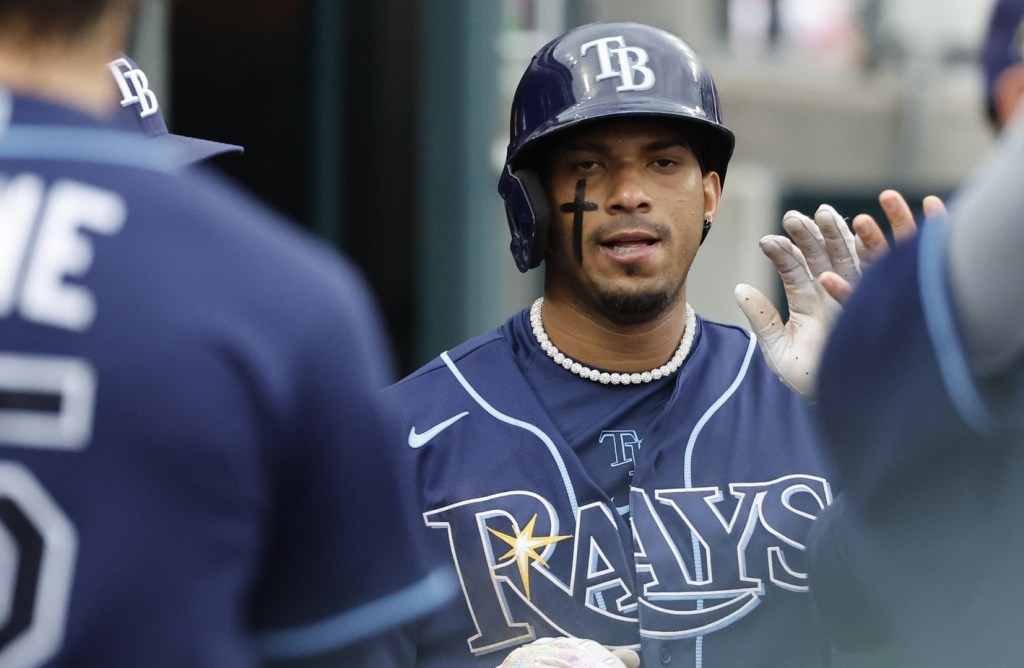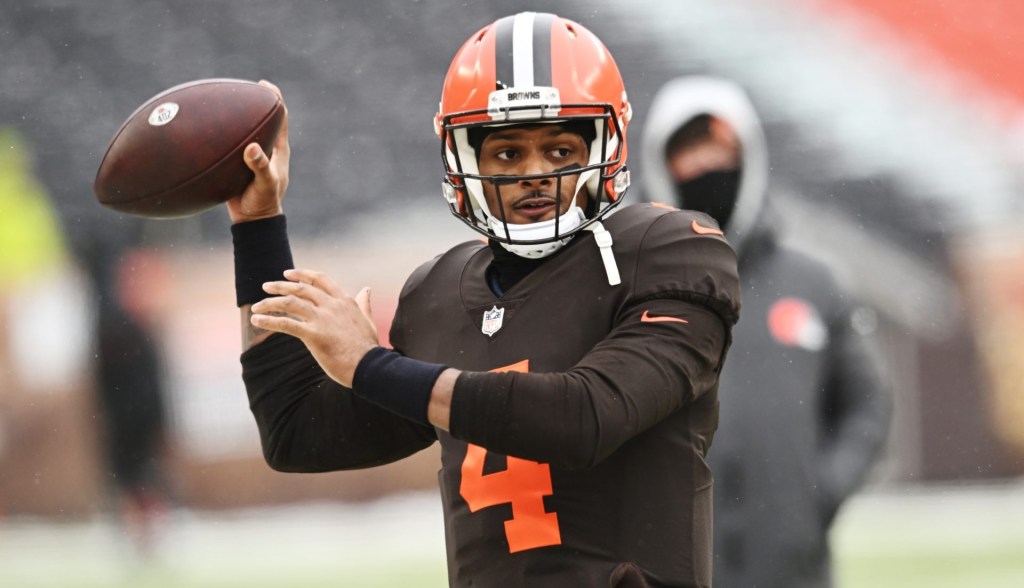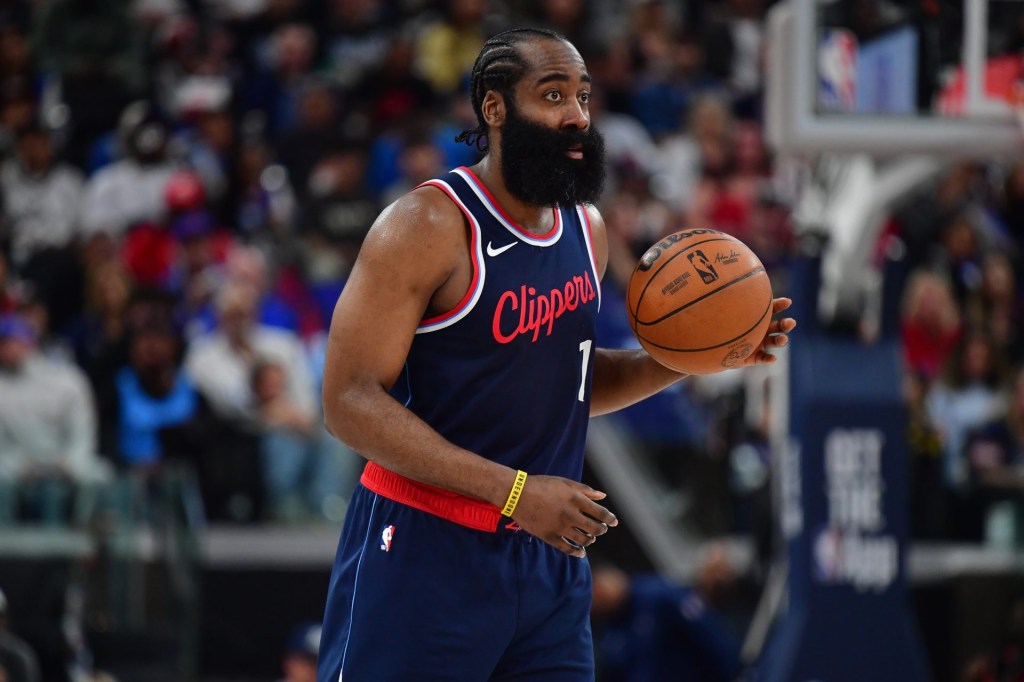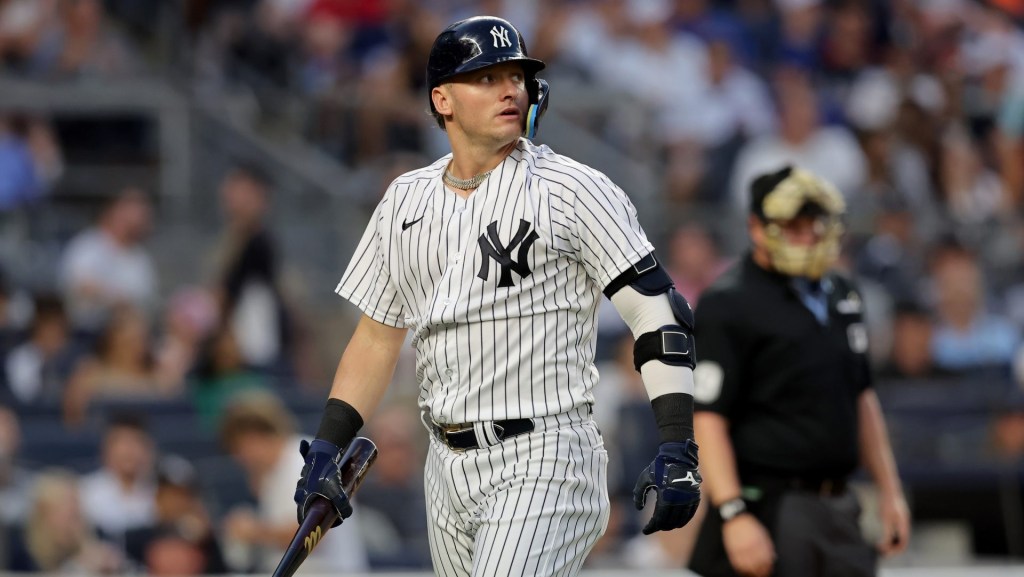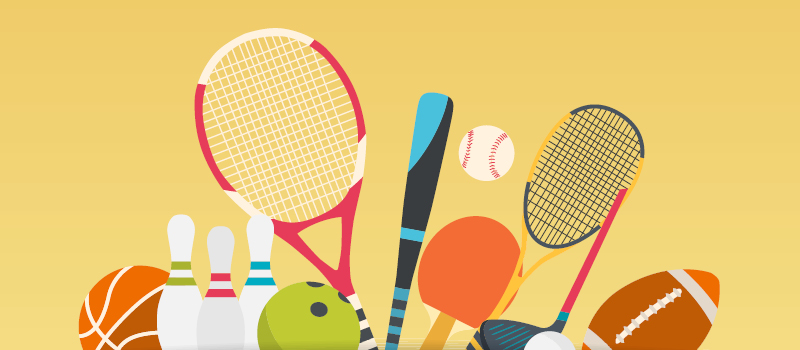
Stories this week include all walks of the industry. (Photo via Bloomsbury Law)
Last week’s Weekly Legal Brief covered Congress’ governance of sports issues; from lawmaking to investigatory power, Congress has a broad Constitutional scope to govern issues that they deem necessary and proper. In a more specific context, sports are governed more directly by the (infamous) collective bargaining agreements (the “CBA”) agreed upon by each respective league and player’s union.
A collective bargaining agreement is a document by which a labor union and an employer stipulate to the terms of employment for those employees that are party to the collective bargaining agreement. Sports leagues and player’s unions (also sometimes called a players association) negotiate essential terms which dictate things like: the drug testing and addiction/abuse programs, the predetermined slot caps for different draft picks, rules governing team activity with respect to player health and safety, and how disciplinary proceedings are governed.
Negotiations over collective bargaining agreements, because they contain so many important rules for how each respective league is supposed to operate, are often contentious and can even lead to infighting by the parties to the agreement. On the player’s side, player advocates are sometimes discontented with terms (such as the amount of workouts a team may hold) that players unions put forth; while, on the league side, various teams are sometimes unhappy with terms that the league offers (such as playing a home game in a foreign location or stadium).
Want more content like this? Subscribe to our daily newsletter!
When these disputes come to an impasse, a strike (where the players refuse to play) or a lockout (where the teams refuse to allow players to use team facilities) can occur which may chip into previously scheduled games.
Thus, the history of lockouts and strikes in sports is a tempestuous one.
In 2004, the NHL lost an entire season due to a collective bargaining dispute; to this day, the NHL remains the only league based in the United States to lose a full season due to labor issues. Other leagues, however, have not avoided lockouts or strikes either: the NFL has had six labor disputes, the NBA (3), Major League Baseball (12), and the WNBA (0).
Knowledge of when collective bargaining agreements expire is vital for sports professionals to know. This is because when these agreements expire, the leagues cannot effectively operate until a new one is made: and thus, the expiration of these agreements often leads to protracted periods of negotiations where the leagues do not operate, or lead to a lockout/strike as a result of unsuccessful negotiations. When the leagues do not function, every aspect of every team and league office shuts down: placing every sports professional in that sport at a standstill.
The NFL’s current collective bargaining agreement expires in 2021: the NFLPA is already telling players to start saving money due to a potential lockout. NFLPA executive director DeMaurice Smith stated that the players association will “prepare for war.” Major League Baseball’s CBA expires in 2021 as well; the NBA’s CBA expires in 2024 and has a mutual opt-out provision after the 2022-2023 season; the NHL’s CBA expires in 2022 but there is a mutual opt-out provision in 2019; and, the WNBA’s CBA expires in 2022.
Keep informed of the labor negotiations in your respective sport: they could impact you directly if a lockout or strike occurs.
These are some of the week’s important sports law headlines:
LITIGATION
The NFL’s concussion lawsuit settlement is increasingly problematic. The NFL accused the law firms representing the players of fraud in their effort to procure a more than $1 Billion settlement from the NFL; the law firms representing the players are now accusing the NFL of employing delay tactics to avoid paying the settlement. If this case is any indicator, there will be more concussion cases to come and the NFL is going to face an existential financial crisis. This is a bad look for the NFL.
The Colin Kaepernick collusion case is starting to heat up. Kaepernick’s attorneys deposed Miami Dolphins owner Stephen Ross this week and are seeking to interview more parties in the coming weeks. Per Yahoo! Sports: “While the substance of Ross’ deposition is sealed, it’s believed the proceedings were aimed at dissecting recorded statements Ross made to the New York Daily News in early March in which he indicated the NFL’s perspective on players kneeling during the national anthem was directly influenced by Trump.” It is important for sports professionals to be aware of the comments they make to media: they can very quickly end up being highlighted by potential litigation down the line.
INTELLECTUAL PROPERTY
This week, Toledo’s athletic department landed in hot water after posting a Tweet that offered to change the school’s mascot to DreamWorks character “Shrek” if the Tweet received a certain amount of Retweets. Toledo pulled the Tweet after the athletic department revealed that they did not get permission to send that Tweet and did not get consent from DreamWorks to make the change that the Tweet purported to offer. DreamWorks owns all of the rights to Shrek and it was problematic that Toledo attempted to use it without permission because of the potential threat of a trademark infringement lawsuit.
LEAGUE RULES
The NBA and NBPA are collaborating to end the one-and-done rule which required potential NBA prospects to attend college or get some professional basketball experience for a minimum of one year before declaring for the NBA draft. This marks a significant change and will likely take place at the onset of the 2020 NBA draft; it could be a sign that professional sports leagues are going to provide more direct avenues into their leagues without first becoming student-athletes.
